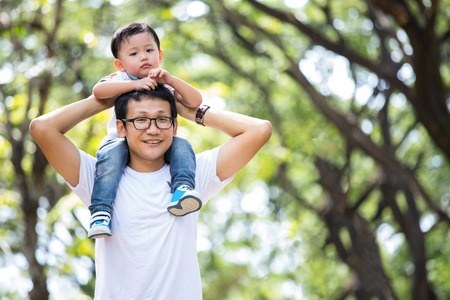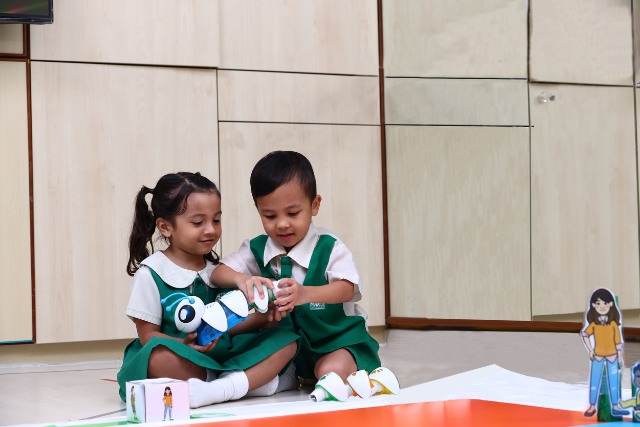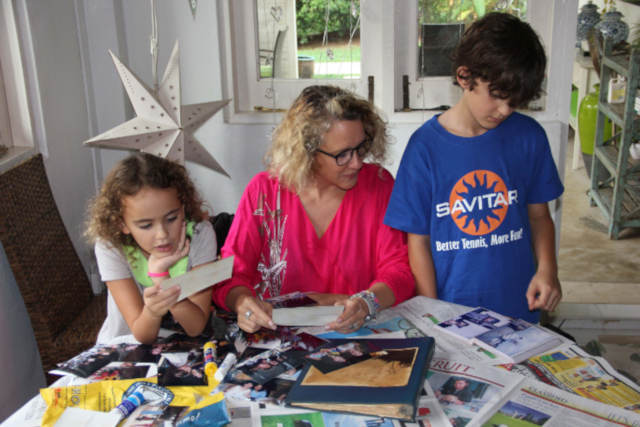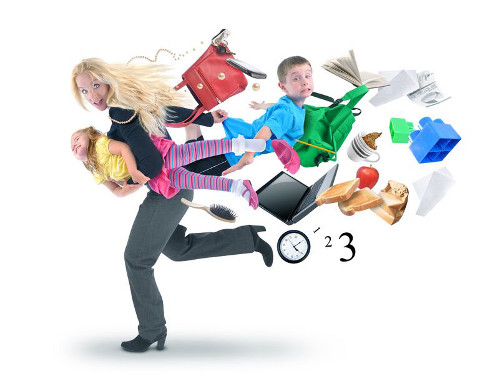At the National Day Rally (NDR) 2024, Prime Minister Lawrence Wong announced significant enhancements to Singapore’s parental leave policies, aimed at fostering stronger family bonds, improving mental well-being for parents while encouraging equal sharing of parenting responsibilities between fathers and mothers. These changes reflect the government’s commitment to building a more family-friendly society and adapting to the evolving needs of parents today.
 Image: Pixabay
Image: Pixabay
Extended Parental Leave: A Step Towards Balance
One of the most notable changes is the extension of paternity leave from two to four weeks, which will be mandatory from 1 April 2025. Employers will be required to grant this leave upon request, enabling fathers to become more involved in the early stages of their child’s life. This policy marks a shift in challenging traditional gender roles where mothers are the primary caregivers and fathers, the breadwinners.
Prime Minister Wong stressed the importance of this shift, highlighting the stories of fathers who are already taking on a larger role at home, including tasks like diaper changing and cooking for their children. For example, Arash, a civil servant, continued to contribute to his son’s care despite working on the national budget. His example is indicative of the rising trend of fathers embracing caregiving responsibilities, helping to foster closer bonds with their children.

Currently, more than half of Singaporean fathers take paternity leave which is a significant improvement from 25% a decade ago. However, with the introduction of additional mandatory paternity leave, the government hopes to see even more fathers playing an active role in their children’s early development. Promoting greater bonding between father and child.
Shared Parental Leave: Supporting Equality in Parenthood
In addition, to the extension of paternity leave, the introduction of an additional 10 weeks of shared parental leave represents a key step toward more equal parenting. Starting in April 2025, six weeks of this shared leave will be available to parents, with the full 10 weeks rolled out by 2026. Funded by the government, this leave provides much-needed flexibility for families without additional financial strain.
Under the new system, parents will be able to share the 10 weeks of leave as they see fit, allowing for more equitable distribution of caregiving responsibilities. This marks a departure from the current arrangement, where fathers can take up to four weeks of their spouse’s maternity leave, which reduces the mother’s own leave. The new arrangement is designed to encourage fathers to take a more active role without diminishing the time mothers need to recover and bond with their newborns.
By allowing parents to decide how to split the leave, the government is promoting greater fairness and partnership between mothers and fathers, signalling that both parents are equally important in raising a child.
Supporting Parents’ Mental Health and Well-being
The extended parental leave also plays a crucial role in supporting the mental health and well-being of parents. The early months of a child’s life are often physically and emotionally demanding, with parents balancing work responsibilities and caregiving. The additional leave gives both parents time to rest, recover, and adapt to the new dynamics of family life.

For mothers, sharing caregiving responsibilities with their partners alleviates some of the pressures and reduces the risk of burnout. Fathers, in turn, benefit from the opportunity to bond with their children and actively participate in daily caregiving. This in turn improve their mental health and foster a stronger father-child relationship. Having this extra time helps parents build a more supportive home environment, strengthening the emotional well-being of the whole family.
Strengthening Family Bonds and Creating Lasting Relationships
The importance of expanded parental leave goes beyond immediate caregiving benefits. It allows parents to be more present for important milestones in their child’s development while creating strong emotional bonds that last a lifetime. Fathers, in particular, are given the chance to step up and contribute more significantly to their child’s growth. This not only benefits the child but also fosters a deeper connection between the parents and promoting a stronger partnership.
Prime Minister Wong made it clear that these policies are part of the government’s long-term strategy to support young families. By offering more time and flexibility, the government hopes to reassure couples that they can pursue their careers while still having the opportunity to fully embrace their parenthood journey.
Towards a Family-Friendly Future
With the enhancements announced at NDR 2024, Singaporean parents will soon have access to up to 30 weeks or 7.5 months of paid leave – consisting of four weeks of paternity leave, 16 weeks of maternity leave, and 10 weeks of shared parental leave. This substantial expansion reflects the government’s vision of promoting a better balance between work and family life. Ensuring that parents can support each other in caregiving roles without sacrificing their professional growth.
These policies not only support the needs of families but also signal a cultural shift toward more equal partnerships in parenthood. By encouraging fathers to take on a larger role in raising their children, the government is paving the way for a more inclusive society where the contributions of both mothers and fathers are equally valued. Through these initiatives, Singapore is becoming a place where families can thrive and parents can confidently embrace the joys as well as challenges of parenthood together.
* * * * *
Looking to reach over 100,000 parents in Singapore? Let us amplify your message! Drop your contact details here, and we’ll reach out to you.
Discover exciting family-friendly events and places to explore! Join our Telegram channel for curated parenting recommendations.

























































